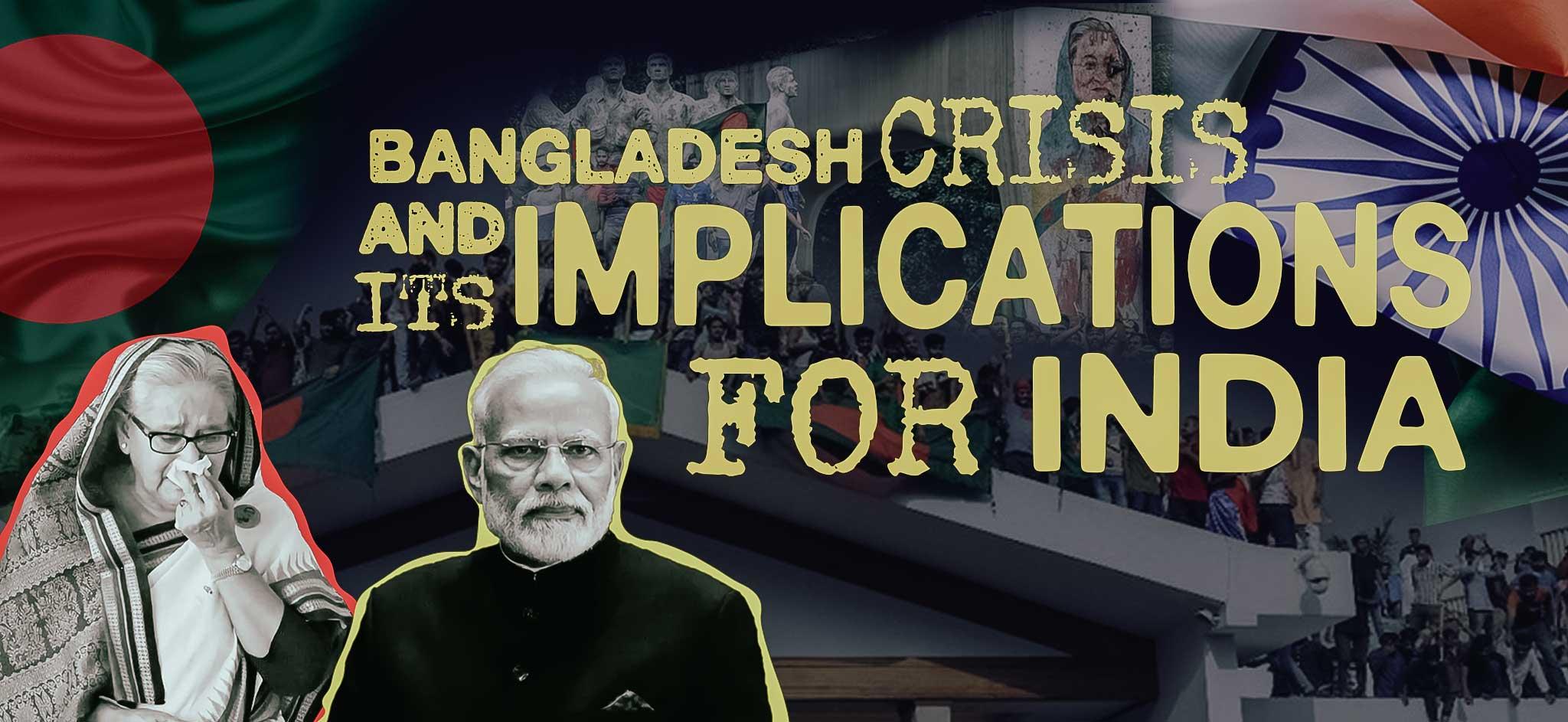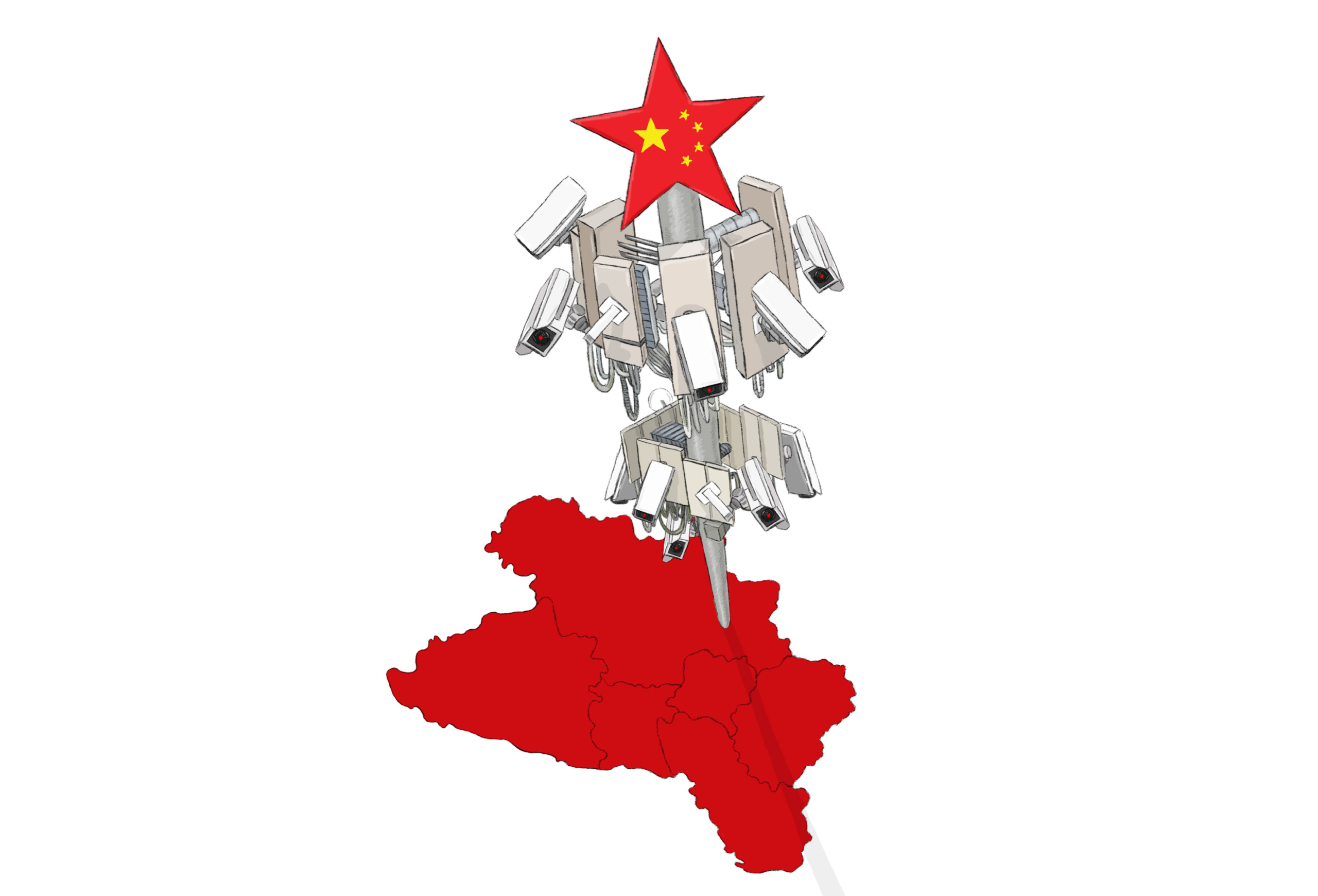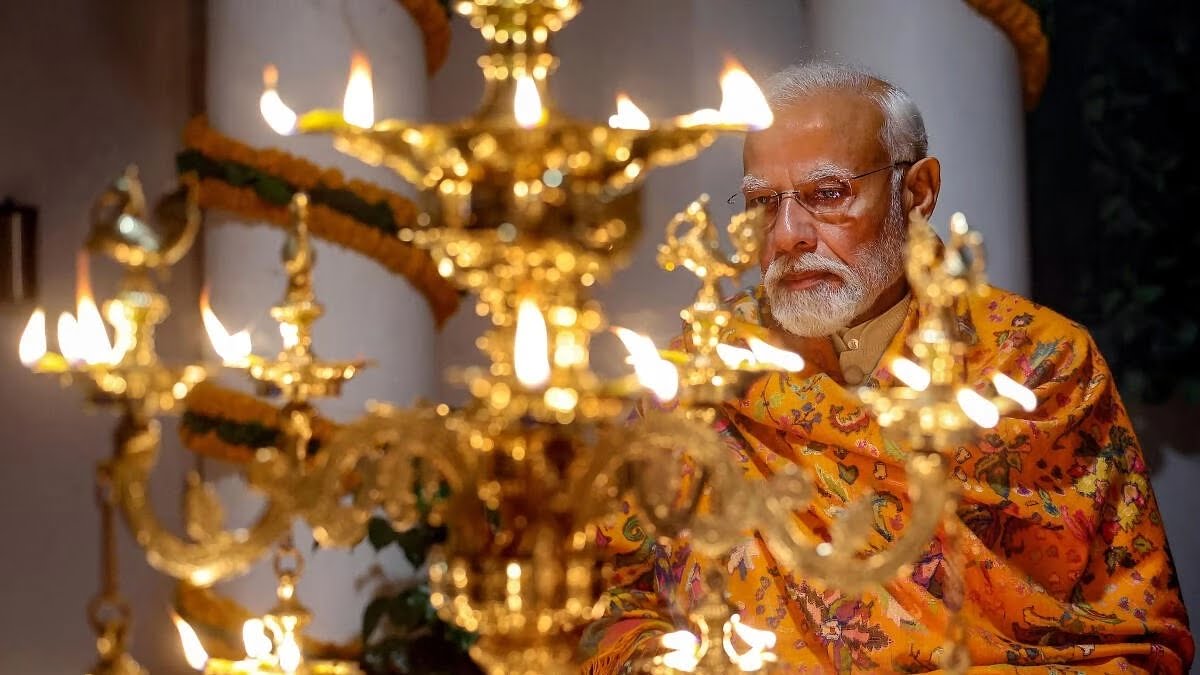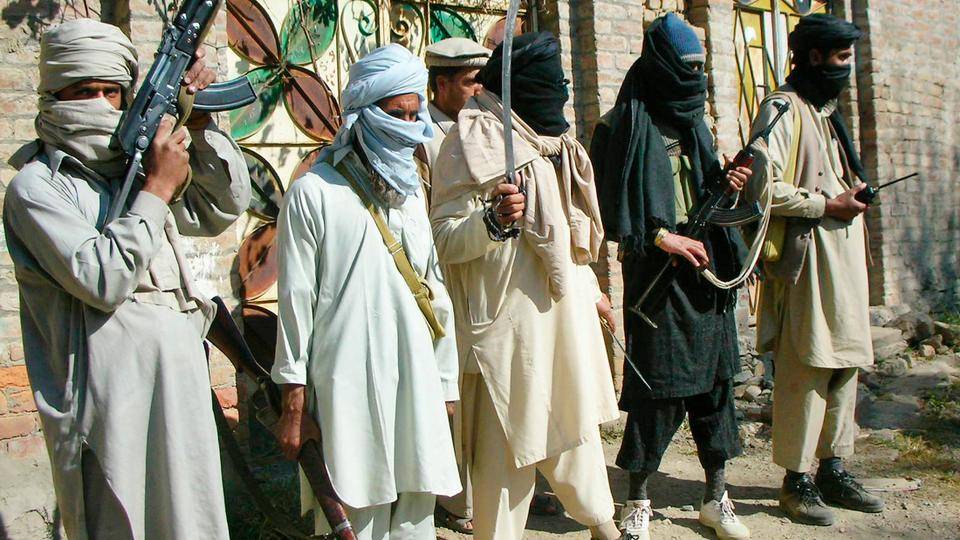The resignation of Prime Minister Sheikh Hasina has thrown Bangladesh into a political turmoil, casting a long shadow over the future of Indo-Bangladesh relations. With Hasina currently in India, seeking asylum in countries like the UAE and Finland after her request to the UK was rejected, the future trajectory of Bangladesh—and its impact on India—has come sharply into focus. The ongoing crisis, marked by unprecedented instability, carries significant implications for India’s strategic landscape, particularly in terms of security, economic ties, and geopolitical alliances. India must assess these challenges and develop strategic responses to safeguard its interests.
Unpacking the Political Crisis: Key Actors and their Stances
Bangladesh is currently experiencing an unprecedented political crisis that has brought various actors with differing foreign policy outlooks to the forefront. The caretaker government, led by Dr. Muhammad Yunus and backed by the Bangladesh Army, is overseeing the transition. This interim government, while technically neutral, faces pressure to conduct early elections. The Bangladesh Nationalist Party (BNP), despite its limited appeal in urban areas, is pushing for these elections. Historically, the BNP has favoured closer ties with Pakistan and China, which could drastically alter Bangladesh’s foreign policy if they come to power. On the other hand, Jamaat-i-Islami, an ally of BNP, holds Islamist views that could further strain relations with India, particularly on issues related to security and counter-terrorism.
The perspectives among Bangladeshi citizens are also diverse. While urban populations have traditionally supported Sheikh Hasina’s Awami League for its secular policies and economic development, rural populations, where BNP and Jamaat have stronger influence, are more inclined towards conservative and Islamist ideologies. This divide could significantly impact India’s ability to maintain its current level of influence in Bangladesh, depending on the outcome of the political transition.
Business and Economic Implications: Disruption and Opportunities
All the views and opinions expressed are those of the author. This article is approved by Stiftung Wissenschaft and Politik (German Institute for International and Security Affairs) for publication. Image Credit – Google Images.
About the Author

Aneek Das holds a Master’s degree in International Relations from Università di Pavia. He completed Bachelor’s degree in Political Science from Jadavpur University. He is currently working as a Monitoring and Evaluation Assistant at the Open Cultural Center (OCC). Das was previously a Visiting Research Fellow at Stiftung Wissenchaft and Politik.



